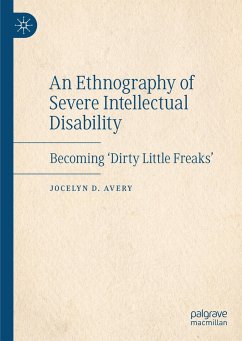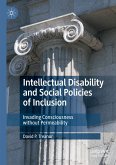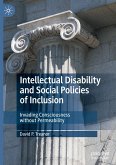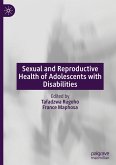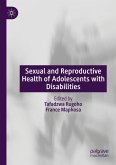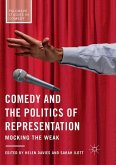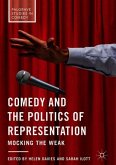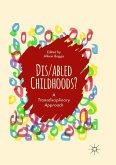In this ethnographic investigation of a special education needs college in Australia, Jocelyn D. Avery explores how the self-identity of people with severe intellectual identities is influenced by carers and support people in their lives. Employing theoretical foundations of self-identity and embodiment and drawing largely on Mary Douglas's (1996) notions of ritual and hygiene, purity and danger, Avery argues that students in this environment are treated as though they exist in a vacuum, rather than a highly complex social environment: strategies to 'contain' their difficult selves ultimately lead to continued confinement, as if the students themselves were 'contaminated'. In the midst of this much-needed ethnography, Avery meditates on her own role: matters of consent, communication, and cooperation pose a challenge to anthropological engagement with severe intellectual disability, but researcher ethics and positionality have their own difficulties. The reflection provided here will provide a guide for future researchers to sensitively engage with people with disability.
Bitte wählen Sie Ihr Anliegen aus.
Rechnungen
Retourenschein anfordern
Bestellstatus
Storno

